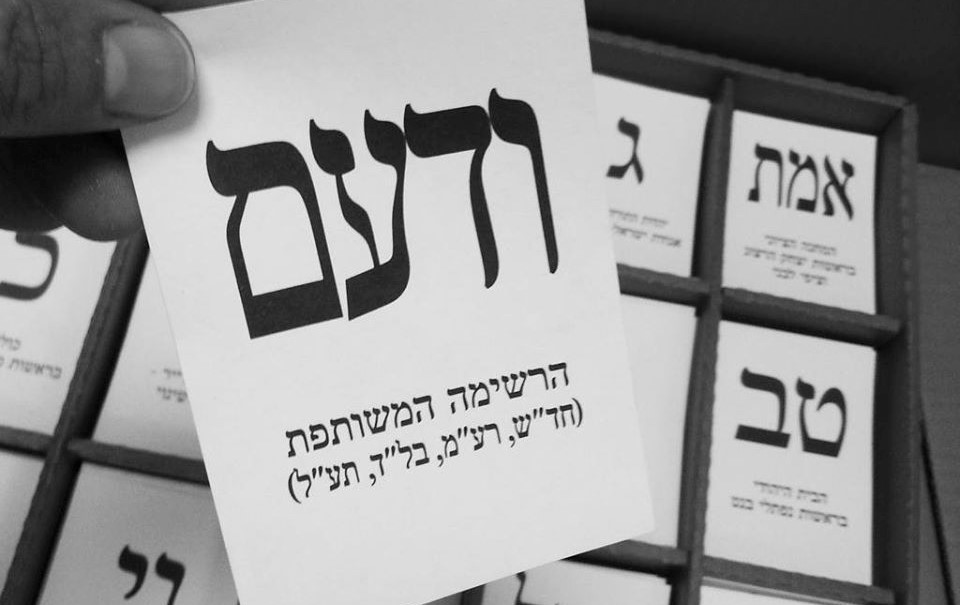The citizens of Israel have another date today (Monday, March 2) with the ballot box in an unprecedented third general election in less than a year. The previous two rounds ended in deadlocks between far-right Prime Minister Binyamin Netanyahu’s right-wing/settler/religious bloc and a cluster of Zionist center parties led by challenger MK Benny Gantz. Neither of the two blocs were arithmetically able to form a majority ruling coalition.
During last September’s round, the Joint List became the third-largest bloc in the Knesset, winning 13 seats out of 120. According to several latest polls, the Joint List, a coalition of Hadash (The Democratic Front for Peace and Equality – Communist Party of Israel) and three Arab parties (Ra’am, Balad and Ta’al) will gain at least one more seat this time around, raising its representation to 14 and possibly even 15 MKs. That would make it the largest opposition grouping in the Israeli parliament if a Zionist unity government were to be formed.
During an electoral meeting held last Friday, February 28, in the Triangle region, Joint List chairman, MK Ayman Odeh (Hadash), said “Our main concern is the ‘Deal of the Century,’ including the special section on the Triangle region. People saw with their own eyes how Israel’s racist prime minister stood beside Trump and spoke about how he would strip citizenship from some of his citizens. Our people feel that the prime minister is hostile to them.”
The Triangle, a cluster of 19 villages and towns is home to about 300,000 Arab citizens of Israel. It became an issue when US President Donald Trump’s imperialist plan, released in January, raised the possibility of transferring the area to a future Bantustan named the “State of Palestine.”
“If Gantz wants to pursue the deal proposed by Trump and unilaterally redraw the border thereby appending the Triangle region to parts of the occupied Palestinian West Bank, and stick to the formula of a so call ‘Jewish majority’ rather than a majority of citizens in building a governing coalition, then we have nothing to talk with him about,” Odeh said. “However, if he comes to us after the election and says he supports negotiations with the Palestinian Authority, the rescinding of racist laws and the fight against violence in the Arab communities, we are ready to sit together and think about how to move forward.”



